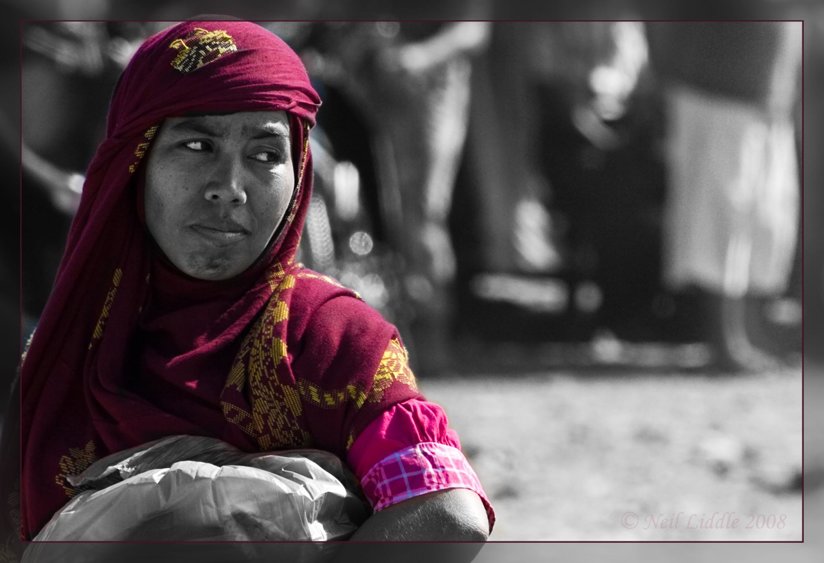
-
HOME
-
WHAT IS STANDOur Mission Our Values Our Help Contact
-
WHAT WE FIGHT FORReligious Freedom Religious Literacy Equality & Human Rights Inclusion & Respect Free Speech Responsible Journalism Corporate Accountability
-
RESOURCESExpert Studies Landmark Decisions White Papers FAQs David Miscavige Religious Freedom Resource Center Freedom of Religion & Human Rights Topic Index Priest-Penitent Privilege Islamophobia
-
HATE MONITORBiased Media Propagandists Hatemongers False Experts Hate Monitor Blog
-
NEWSROOMNews Media Watch Videos Blog
-
TAKE ACTIONCombat Hate & Discrimination Champion Freedom of Religion Demand Accountability
Too Religious? Not Enough? Either Way, Governments Harass Women
Out of 198 nations, 56 harass women for their dress. And the number is rising.
Apparently, you can even be killed for what you wear (or don’t), according to the Pew Research Center and its recent analysis of government and social restrictions on religion and how these affect women, often based on their dress.
“Women in 56 countries experienced social hostilities—that is, harassment from individuals or groups—due to clothing that was deemed to violate religious or secular dress norms,” wrote Pew Research Center’s Virginia Villa, who noted the harassment could be governmental or social. “Social harassment can range from verbal abuse to physical violence or killings motivated at least in part by the target’s religious identity...”
“Women in 61 countries faced government restrictions on dress—specifically, regulations on their head coverings,” she continued, adding that “the number of countries where women faced social hostilities and government-imposed restrictions related to their dress has risen in the five most recent years of the study.”

The wearing of the hijab or other religious dress is a tradition, and one can understand the need to abide by tradition. But the idea of enforcing what religious garb people wear seems to pervert the very meaning of belief.
Enforcing lack of religious dress is intolerant in its own right, and most often happens in democracies. “Europe had the most countries where women’s head coverings were restricted by the government, with instances in 21 of 45 countries,” Villa reported.
Remember that in his book Democracy in America, Alexis de Tocqueville warned us the greatest threat the United States faces is the tyranny of the majority. And democracies can be tyrants in big and small ways, to the point that ordinary people might spit on a woman for her headdress, as was reported in Canada just a few years ago.
Either way, whether the system is authoritarian or democratic, women can lose their choice of dress, a form of self-expression.
Apparently, you can even be killed for what you wear.
Certainly, religion dictates vestments in the clergy, and religions may rightly tell us what we should wear as members, as that membership is a choice.
But to go from that to a government telling ordinary people what to wear or not—especially under threat of force—seems to be… something less than tolerant.
In his landmark book Tolerance, Hendrik Willem van Loon quoted from the Encyclopedia Britannica of the day to assert that tolerance must include “the patient and unprejudiced endurance of dissent from one’s own or the generally received course or view.”
It goes like this: if you are intolerant of others, then others will be intolerant of you. It’s a vicious cycle that will only resolve when we decide to endure dissent.
And when a state or its people engage in intolerance, the consequences can be violent. As so often occurs, it can be the women who suffer.
The world today is struggling with poverty, illness and illiteracy; women are caretakers, educators and often the breadwinners. Let’s help them carry their burden, and let them dress as they see fit.









